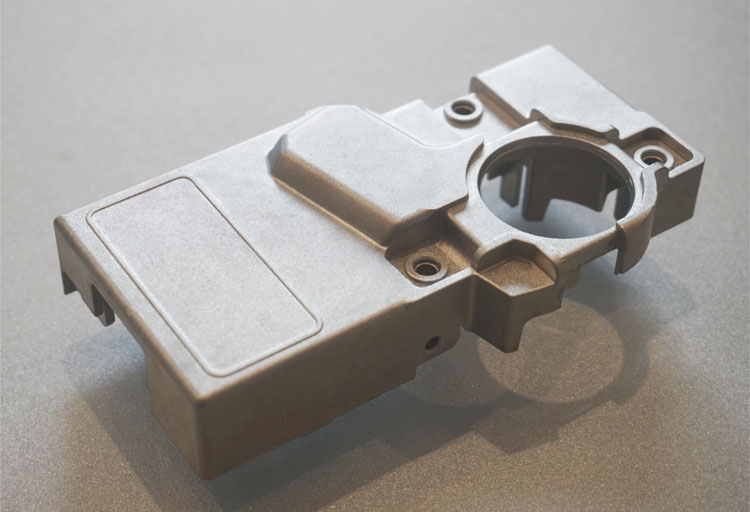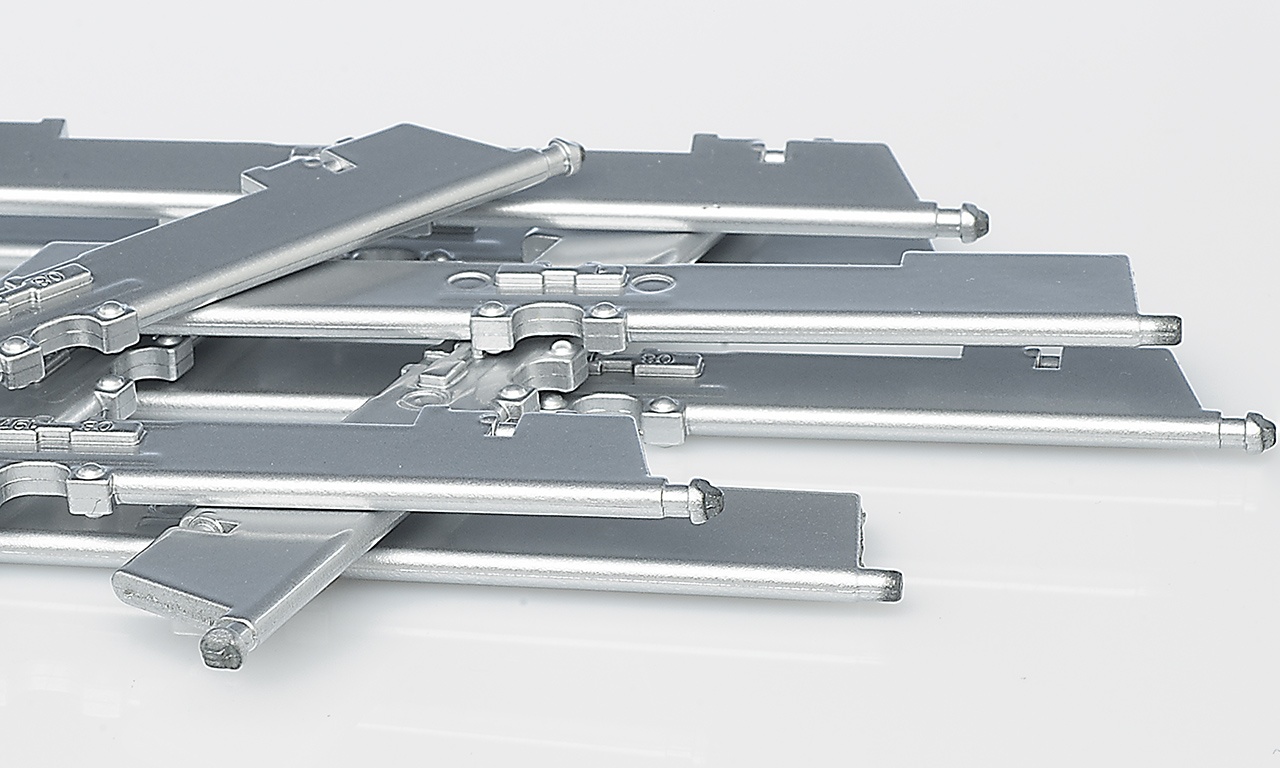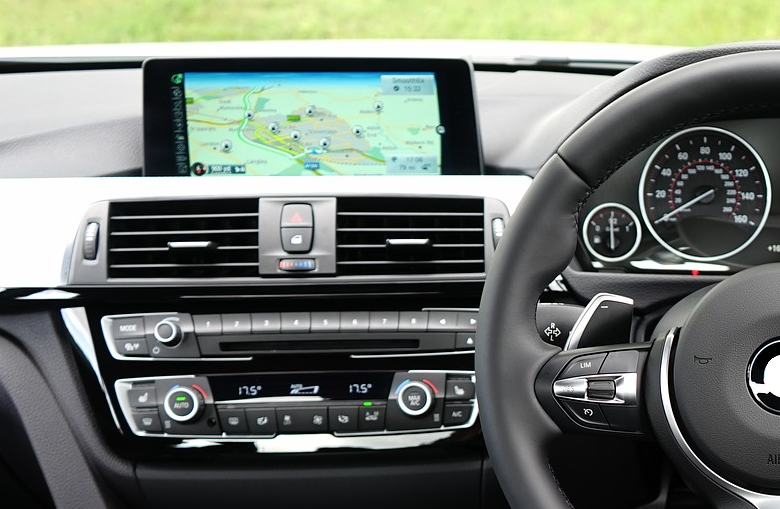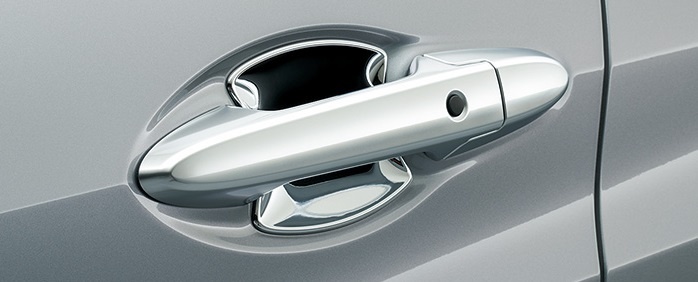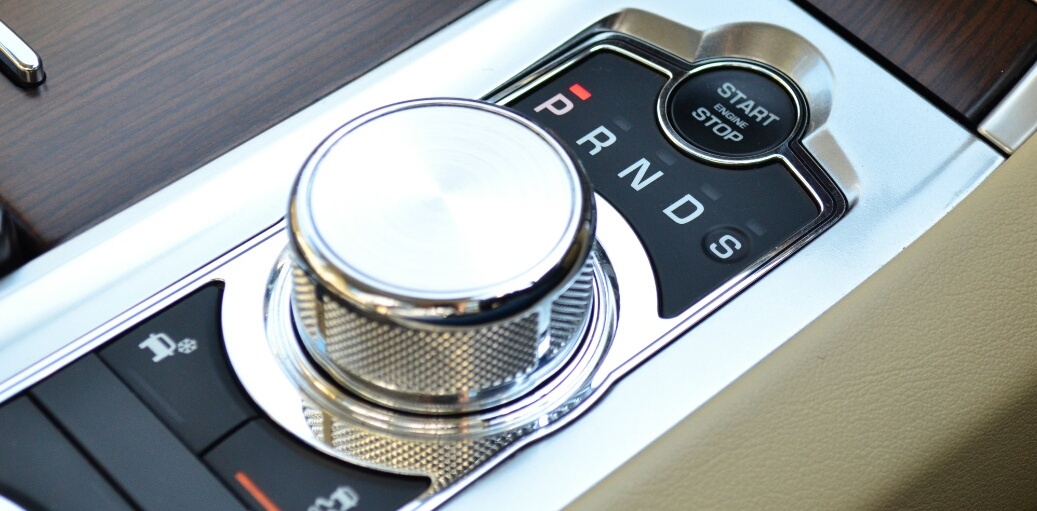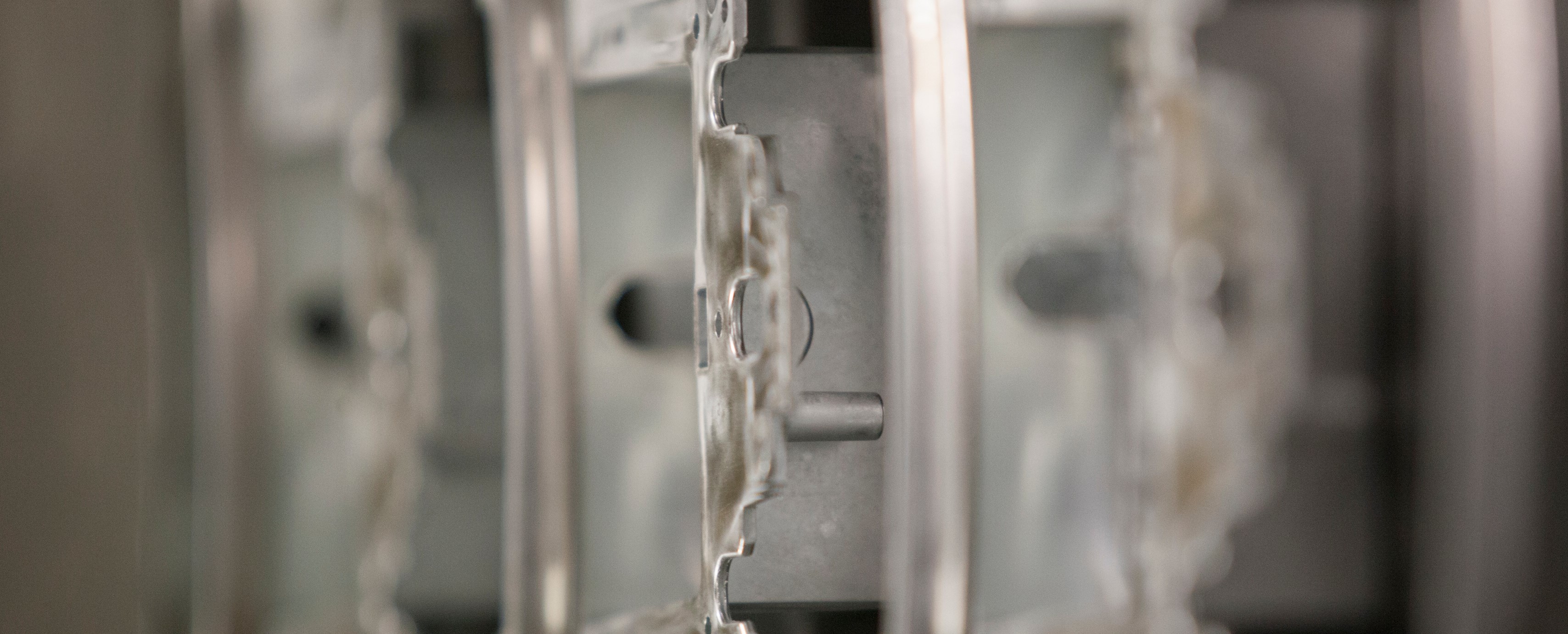All the posts for automotive
Posts by Topic
- Die Casting simulation (35)
- Co-design (26)
- Cost reduction (23)
- die casting finishing (18)
- Defects reduction (16)
- high pressure die casting (16)
- die casting process (15)
- VAVE (13)
- die casting (12)
- Zinc (11)
- Zinc benefits (10)
- casting process (10)
- die casting engineering (10)
- optimization (10)
- Innovation (9)
- automotive (8)
- casting (8)
- ZAMAK (7)
- product design (6)
- quality (6)
- Mould Design (5)
- Scrap reduction (5)
- automation (5)
- saving (5)
- Mold (4)
- benefits (4)
- die casting machines (4)
- hot chamber die casting (4)
- industry (4)
- supply chain (4)
- zinc alloys (4)
- Commodity (3)
- coffee market (3)
- mold maintenance (3)
- process improvement (3)
- small appliances (3)
- technology (3)
- thin wall thickness (3)
- Shrinkage porosity (2)
- costs saving (2)
- customer service (2)
- cycle time (2)
- electronic products (2)
- improvement (2)
- metrology (2)
- mold design (2)
- process analysis (2)
- production (2)
- production process (2)
- recycling (2)
- sustainability (2)
- white goods (2)
- zinc life cycle (2)
- DFM (1)
- Electromechanical systems (1)
- HPDC (1)
- Lighting components (1)
- Press (1)
- SME (1)
- Textile (1)
- Textile Machineries (1)
- Zinc alloy actuators (1)
- actuators (1)
- chrome plating (1)
- environment (1)
- industrial machinery (1)
- industrialization (1)
- lead time (1)
- machines (1)
- painting (1)
- quality control (1)
- surface treatment (1)
- tier 2 automotive supplier (1)
- vacuum valve (1)
- zinc alloys for doors and windows (1)
The automotive industry refers to the vast ecosystem of manufacturing, distribution, sales and consumption of vehicles designed for transporting people and goods. This industry includes a wide range of vehicle types that ranges from traditional internal combustion engine vehicles to the latest innovations in electric vehicles, autonomous vehicles and connected vehicles. The automotive market is not limited to the production of vehicles but it also includes associated services that are related to automotive industry such as aftermarket parts and solutions that support transportation needs all over the globe. The automotive market stands as one of the most influential sectors globally that is shaping economies, societies and individual lifestyles.
In this article, after briefly depicting the hierarchical structure of the automotive industry and the reference standard for the Tiers of different levels, we analyze the special partnership that exists between a Tier 2 automotive supplier and its customers, specifically examining the relationship of trust that can be established between a Tier 1 and a SME (Small and Medium Enterprises) Tier 2 automotive supplier.
In this post we are going to explore a case study dedicated to surface aesthetical quality in automotive. This post is part of a series in which we explain the importance of simulation for HPDC (High Pressure Die Casting) through the presentation of real life cases.
The process of zinc die casting is highly popular for making parts in building and industrial fields, but its most common application is in automotive industry. In fact, cars have different parts that can be crafted through die casting, so much that the modern process of die casting originally started for automotive industry.
Developing automotive die casting exterior parts could be a solution to allow a wide scale of surfaces, structural characteristics and production capabilities. In details zinc alloys allows expanded styles in shape construction and precision in tighter angle tolerances.
By using zinc pressure die casting is possible to obtain innovative shapes and unconventional finishing: in fact zinc alloy is the ideal material to produce components or products aligned to customers’s aims, by reaching higher aesthetic values.
Zinc is very versatile material: a combination of factors makes it a unique material from various perspectives, certainly from a cost point of view. According to that, the application of die cast zinc alloy components in the automotive industry can be an efficient solution to reduce production costs while maintaining the high levels of resistance, service life and hardness required by that sector.
Just like atmospheric environment, which is different for corrosivity depending on where people are located in the world, the same is for metal corrosion in automotive parts: for example in Sweden the automotive environment is quite aggressive because of humid climate and of the use of de-icing salts causing metals corrosion.
